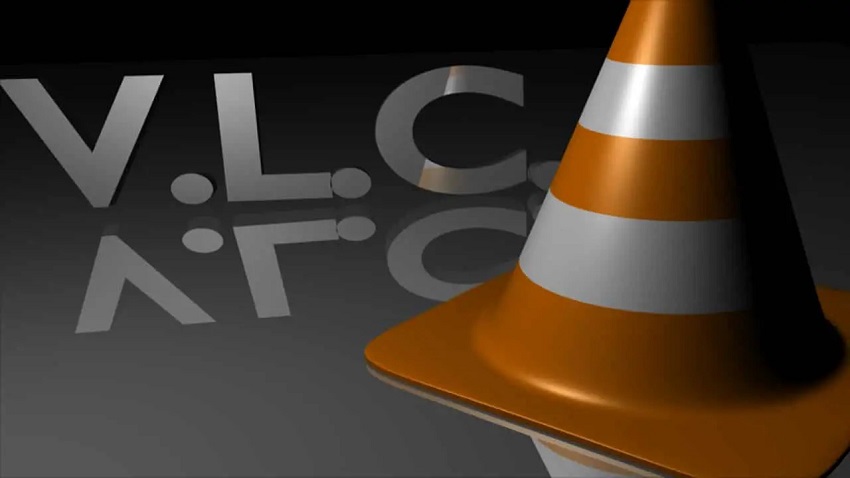
31 Aug What is the Disadvantage of Vlc?
In the world of digital media, VLC Media Player stands out as a versatile and popular choice for playing a wide range of audio and video formats. With its user-friendly interface and extensive codec support, it has earned a reputation as a reliable tool for media consumption. However, like any software, VLC is not without its drawbacks. In this article, we’ll delve into the disadvantages of VLC Media Player that users should be aware of. This article is organized by Uphilltechno.com.
Limited User Interface Customization
VLC Media Player prides itself on its simplicity, but this simplicity comes at a cost for users who seek advanced customization options. Unlike some other media players, VLC’s user interface customization is limited, leaving users with a standard look and feel that cannot be extensively personalized.
Complex Settings and Options
When it comes to media players, VLC is a popular choice for its flexibility. However, for those who find its settings and options overwhelming, there are alternatives that may suit their needs better. The best vlc alternative should provide ease of use, a user-friendly interface, and reliable playback performance. With the abundance of choices available, it’s important to find the right fit for your needs.
Playback of Corrupted Files
VLC’s robustness is undeniable, but it doesn’t perform miracles. If you attempt to play severely corrupted media files, VLC might struggle or even crash. It’s essential to understand that VLC’s capabilities have limits, especially when dealing with files that are heavily damaged.
Lack of Customer Support
VLC is an open-source project maintained by a community of volunteers. While this collaborative effort has its benefits, it also means that formal customer support is lacking. Users encountering issues or seeking guidance might find it challenging to get timely and reliable assistance.
Inconsistent Mobile Experience
While VLC has extended its reach to mobile platforms, the user experience on mobile devices can be inconsistent. Different versions and varying levels of features across platforms can lead to frustration for users who rely on VLC across multiple devices.
Suboptimal for Streaming
While VLC can handle local media files well, its performance when it comes to streaming media can be suboptimal. Buffering issues and playback interruptions are not uncommon, especially when dealing with high-definition or high-bitrate content.
You may like to read: How to Factory Reset Your Android 10 Head Unit
Limited Integrated Online Services
Unlike some media players, VLC doesn’t offer extensive integration with online streaming services or content libraries. Users who prefer a unified media consumption experience might find themselves switching between applications.
Resource Intensive on Older Systems
VLC’s versatility comes with a price – it can be resource-intensive, particularly on older or low-spec systems. This might result in sluggish performance or even system freezes when playing resource-demanding media.
Interface Design and User Experience
While VLC focuses on functionality, its interface design and user experience might not be up to par with modern design standards. Some users might find its appearance outdated compared to more visually polished media players.
Lack of Regular Updates
VLC’s open-source nature means that updates might not be as frequent or timely as those of commercial software. While the software is generally stable, the lack of regular updates might result in delayed bug fixes and feature enhancements.
In conclusion, VLC Media Player is undoubtedly a powerful and versatile tool for media playback, but it’s essential to acknowledge its limitations. From a less customizable user interface to occasional playback issues, the disadvantages outlined in this article shed light on areas where VLC falls short. As with any software, it’s crucial to weigh both the benefits and drawbacks before making it your go-to media player.
FAQs
Q1: Is VLC Media Player completely free to use?
Yes, VLC is an open-source software and is available for free to all users.
Q2: Can VLC play all types of media formats?
VLC supports a wide range of media formats, but it might struggle with severely corrupted files.
Q3: Is VLC available on mobile devices?
Yes, VLC has versions for various mobile platforms, but the user experience can vary.
Q4: Can I get customer support for VLC issues?
VLC’s open-source nature means that formal customer support is limited, but you can seek help from the community.
Q5: Should I update VLC regularly?
While updates might not be as frequent, it’s a good practice to keep VLC updated for security and performance improvements.

No Comments